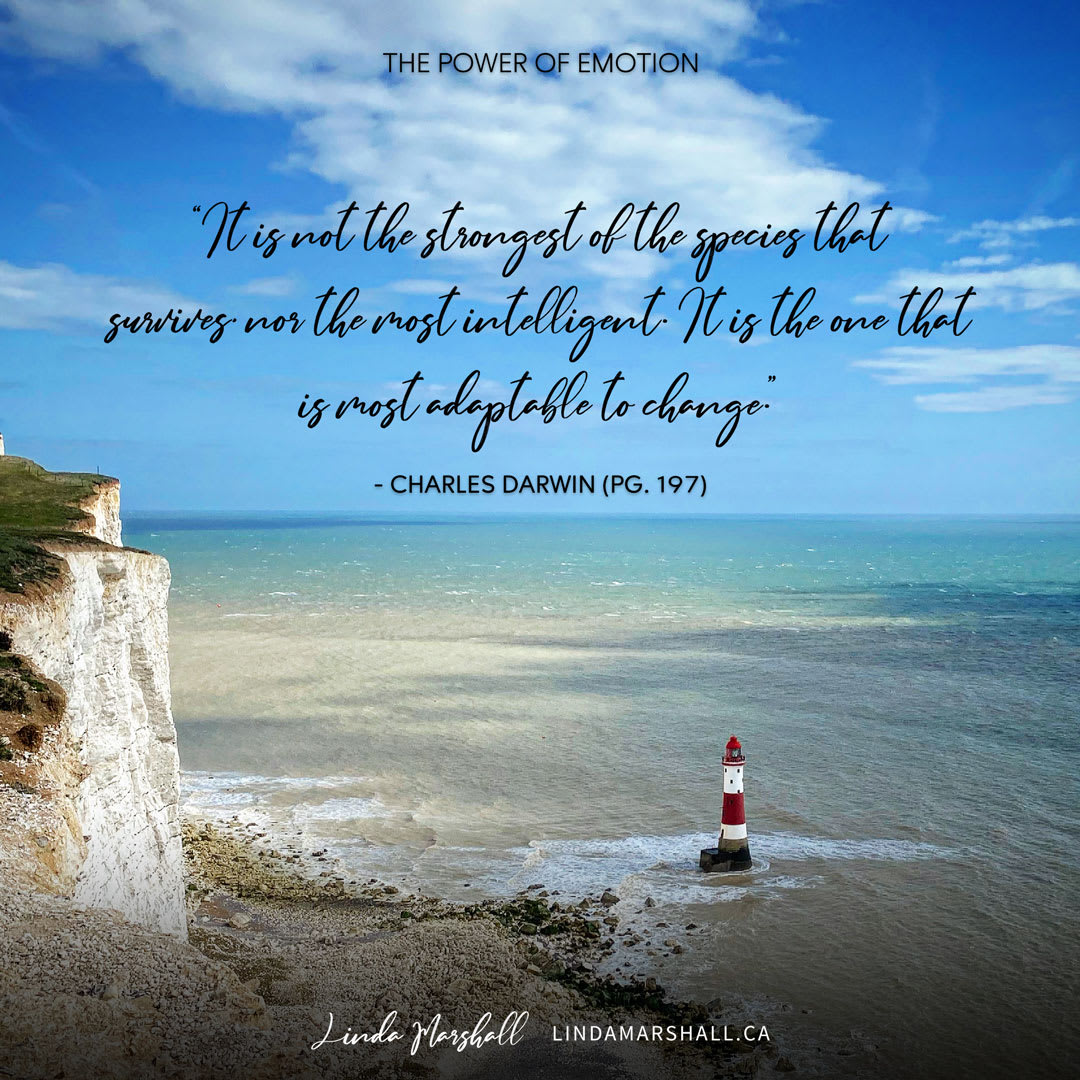For relationships to be successful, they must be trusting. Emotional intelligence and trusting relationships are paramount to personal, emotional, and professional team success. I've written more on trusting relationships in my book, The Power of Emotion.
THE POWER OF EMOTION | CHAPTER 25 | SOCIAL AWARENESS
The Importance of Building Trusting Relationships and Why Vulnerability Is Crucial
 How vulnerable are you with your team? You are about to learn the significant role vulnerability plays in building trust.
How vulnerable are you with your team? You are about to learn the significant role vulnerability plays in building trust.
Building trust is crucial to developing and maintaining solid relationships. It's also the foundation of high-functioning teams.
Trust Is The Backbone Of Any Relationship
The critical elements of trust include:
-
Having confidence in someone
-
Finding them reliable
-
Feeling safe, both emotionally and physically, with them
Building trust requires a certain amount of vulnerability. It also means team members should work in a comfortable environment and not need to protect themselves from one another.
According to organizational health guru Patrick Lencioni, distrust can affect morale, staff retention, and a team's overall productivity. He notes that when team members cannot develop trust, it wastes time and energy.
The Importance Of Trusting Relationships In Team Dynamics
Lencioni explains, "Trust lies at the heart of a functioning, cohesive team. Without it, teamwork is all but impossible."
Interpersonal relationships are roadblocks to work synergy and productivity when working with struggling teams in the workplace. When team members don't take the time to get to know each other and understand how their roles and those of their team affect each other, it can lead to "a lack of chemistry," making it challenging for the team to succeed.
While discussing trusting relationships, it's also an excellent time to revisit this article on relationship management.
What Role Does Vulnerability Play?
Vulnerability fosters trust within a team by creating an environment where members feel safe sharing their thoughts, concerns, and ideas. It promotes open communication, empathy, and a sense of unity, ultimately strengthening the bonds among team members.
Sharing your deepest feelings, including your fears, may be necessary to build trust. However, it's hard to share if you're concerned that sharing vulnerability may be used against you. After all, fear is a strong emotion and one reason many perceive vulnerability as risky behaviour and a weakness. But the benefits outweigh the risks. Embracing vulnerability increases our emotional intelligence and creates a deeper connection with others. As you open yourself and share your challenges and personal struggles, you can better relate to others and expose the real you.
If you’re looking for more ways to increase your emotional intelligence? Take a look at this post next.
When Trust Is Broken…
Trust is the backbone of every relationship because it forms the foundation for effective communication, collaboration, and emotional connection. It provides a sense of security, promotes honesty, and allows individuals to rely on one another, fostering a healthy and resilient connection.
When trust between colleagues is broken, it's problematic for all. Working together can become disheartening and challenging, and productivity can be affected. Building trust with someone is a huge emotional commitment that takes considerable time, so it's not difficult to imagine the effort involved in repairing broken trust.
Are you dealing with challenging team members at work? Read this article for strategies to move forward successfully.
Here's What I Know To Be True About Trusting Relationships
Trust is a powerful way of making or breaking a relationship. Embracing vulnerability improves our connection and enhances our emotional intelligence in interacting with others. It's impossible to be vulnerable when there is a lack of trust. Additionally, building trust is vital to developing and maintaining strong relationships and is a critical component of a high-functioning team.
If you want to build trusting relationships and establish deeper connections, my new book, The Power of Emotion, shares several powerful and actionable strategies. Click here to order your copy today.
This article was originally published on November 2, 2021, and has been updated (February 2024).
Get Social With Linda Marshall and Share
INSTAGRAM @LindaMarshallAuthor | FACEBOOK @LindaMarshallAuthor


